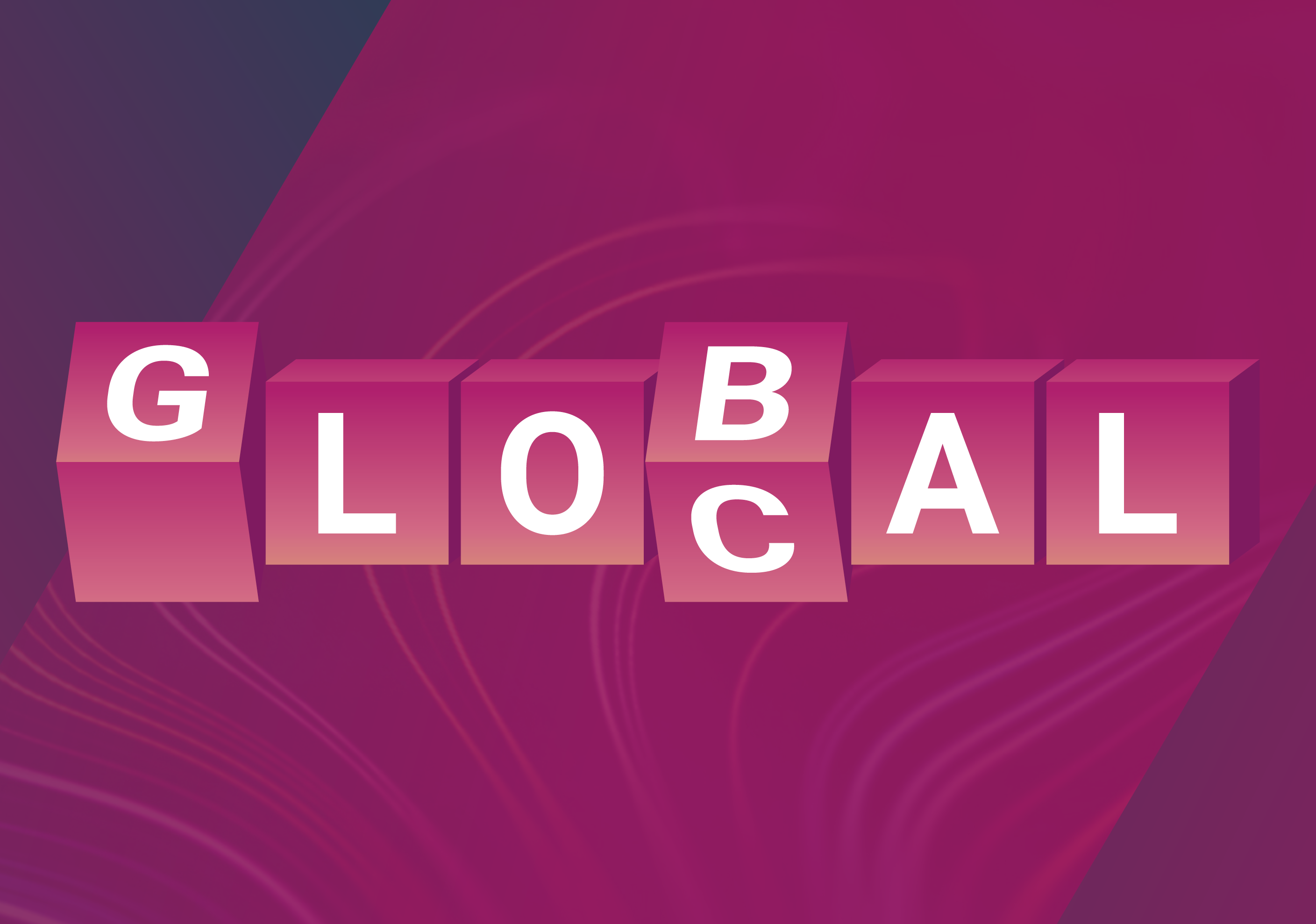Shaping global communication: how brands can connect with consumers in a deglobalizing world

Last month, our team at Ketchum Brussels launched one of our most exciting campaigns yet: Embracing Openness, an international country branding campaign for the Chancellery of the Prime Minister of Belgium. This is just one of the many international campaigns we drive out of our Brussels office. In fact, a recent series of international client wins means that we work on more global projects than ever before – and many for companies that aren’t even headquartered in Belgium. So, what makes these clients choose us? I’ll let you in on our not-so-secret secret.
Communicating globally in a deglobalizing world
But first, a quick bit of context. While companies had constantly aspired to internationalize over the course of the past century, recent years have bucked the trend. We’re fully in the era of deglobalization, due to several factors like nationalist thinking in various countries, consumers shopping more locally since Covid, the war in Ukraine, and global supply chain issues. All of this raises the question for global marketing teams – and their agencies – about how to best shape global communication campaigns and organize for successful implementation.
Global consistency and local relevance have been the adage for longer than today. We’ve all developed and used the ubiquitous campaign toolkit with global assets, rules, and guidelines for local adaptation. But is there a better way? Or, let me ask another question: is your global kit providing the right tools to local teams to create impactful content?
Why the dual hub concept no longer cuts it
Throughout my career, I’ve worked in hubs across continents and in various team set-ups. For a while, I swore by a dual hub concept with teams in two cities – let’s say London and Hong Kong – working as one. Such a dual hub not only allows both offices to work following the “follow the sun” principle – with teams in two time zones working around the clock to guarantee speed and responsiveness – it also ensures that ideas or approaches are proofed from different cultural perspectives.
Sounds like the perfect set-up, right? Yes, but only in theory.
Collaboration between distinct teams that have never met in person remains a challenge. What’s more: cultural disconnection can sometimes exist between the dual hub teams and misunderstandings stop them from being effective.
Working as a ‘plural hub’ for success in a deglobalizing world
So, what’s the solution? Say hello to what we call the ‘plural hub’ model – and its most important feature, diversity.
In today’s multipolar world, culture is made and shaped by different places. Only a ‘plural hub’ team with real diverse, international thinking generates ideas with cultural relevance resonating in various markets. A diverse team that is culturally sensitive will not only understand audiences across geographies, but it will also be able to communicate and engage effectively with local teams – to uncover needs and create opportunities for local nuance. And, from my experience, there’s one more advantage of the ‘plural hub’ approach: the hub team’s openness enables them to identify and connect capabilities across markets that can propel global expertise to deliver innovative approaches.
Global consistency will always remain important for global brands, but our deglobalizing world requires them more than ever to leave space for intentional local inconsistencies. Hub offices need to build diverse teams – from strategy, to creative and account – that are multinational, multilingual, and truly multicultural, that can generate global resonance, and guard consistency while empowering local impact.
I have the honor to lead a PR and integrated communications agency in Brussels – home to the world’s second most diverse population – and to be part of an international network that years ago made Diversity, Equity & Inclusion a business imperative. Today, our team in Brussels includes 12 nationalities speaking equally as many languages, with people coming from various backgrounds and expertise. Together, they’re the living proof that diversity makes winning teams.
As a final thought, I’ll come back to the slogan of our country branding campaign for Belgium: Embrace Openness! 😊
